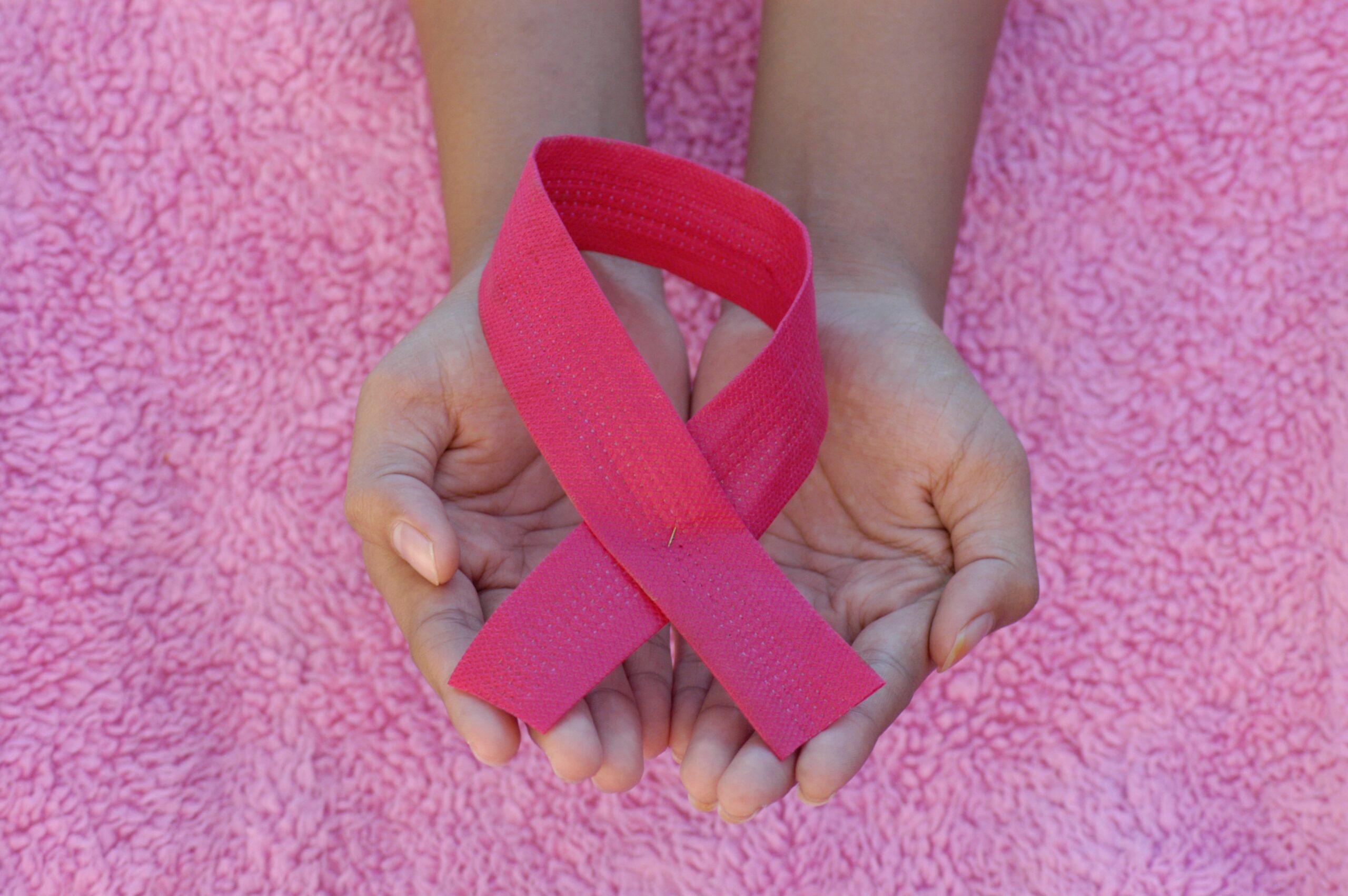In females, breast cancer is the leading cause of cancer, and 2nd leading cause of cancer deaths in the United States. In 2018, it was estimated that just over 3.5 million women were living with breast cancer, and the median age at diagnosis was 63. The good news is that with early detection, and advances in cancer treatment the 5-year survival prognosis is just over 90%
Although many people may understandably be hesitant to screen for cancer for fear of finding cancer, if a cancer is found in its earliest stages, the prognosis is typically more favorable than waiting until it can no longer be ignored or has metastasized.
So, WHEN do we screen for breast cancer?
Different cancer societies have different guidelines for screening. Some recommend starting later with repeat mammograms every 2 years to reduce the number of false positives (mammogram identifying something may be a cancer when there is none), and other societies recommend starting at a younger age and repeating mammograms once per year.
For example, The United States Preventive Services Task Force (USPSTF) recommends screening starting at 50 years of age with repeat mammography every 2 years until the age of 74. However, a case-by-case discussion can start at a younger age depending on an individual’s risk for breast cancer based on exam findings, family history, genetic mutations, and other risk factors.
The American College of Obstetricians and Gynecologists also endorse a case-by-case discussion starting at age 40 much like the USPSTF, however, also allow for screening to happen every 1-2 years and screening until at least 75 years of age.
The American Cancer Society recommends women should get mammograms yearly starting at age 45, and for women 55+ to continue getting mammograms every year or every other year.
For most individuals, screening is performed with mammography. Other types of imaging may be used depending on your clinical scenario (such as an ultrasound or MRI), however, It is NOT RECOMMENDED to use thermography for breast cancer screening
For those concerned by exposure to radiation during a mammogram, the amount you are exposed to is about the same amount you’d be exposed to from travelling in an airplane, but less than the amount from a CT scan.
Schedule your visit with the NWIM team today to discuss if you’re in need for breast cancer screening, which type, and how often screening is right for you!
References:
- National Institute of Health. Surveillance, Epidemiology, and End Results Program. Cancer Stat Facts: Female Breast Cancer. https://seer.cancer.gov/statfacts/html/breast.html. Accessed February 24, 2022
- U.S. Cancer Statistics Working Group. U.S. Cancer Statistics Data Visualizations Tool, based on 2020 submission data (1999-2018): U.S. Department of Health and Human Services, Centers for Disease Control and Prevention and National Cancer Institute; www.cdc.gov/cancer/dataviz, released in June 2021.
- US Preventive Services Task Force. Screening for Breast Cancer: US Preventive Services Task Force recommendation statement. Ann Intern Med 2016; 164:279.
- American College of Obstetricians-Gynecologists. Practice bulletin no. 179: Breast cancer risk assessment and screening in average-risk women. Obstet Gynecol 2017; 130:e1-16.
- Oeffinger KC, Fontham ETH, Etzioni R, et al. Breast cancer screening for women at average risk: 2015 guideline update from the American Cancer Society. JAMA 2015; 314:1599.
- Centers for Disease Control and Prevention. Radiation from Air Travel. https://www.cdc.gov/nceh/radiation/air_travel.html. Accessed February 24, 2022
- American Cancer Society. Understanding Radiation Risk from Imaging Tests. https://www.cancer.org/treatment/understanding-your-diagnosis/tests/understanding-radiation-risk-from-imaging-tests.html. Accessed February 24, 2022

